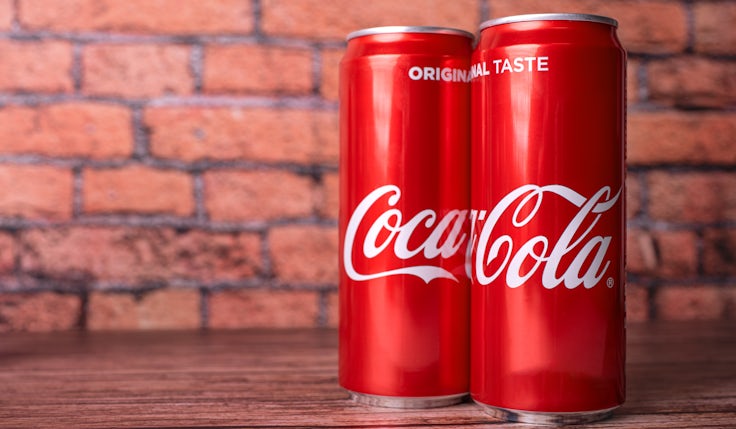Competition watchdog to open investigation into supermarket loyalty schemes
The Competition and Markets Authority will probe the extent price promotions are only available to people who sign up for loyalty cards.

The competition watchdog has opened an investigation into supermarket loyalty schemes after raising concerns that brands are making the bulk of price promotions available exclusively to members.
As part of its of its ongoing review into increasing food prices, the Competition and Markets Authority (CMA) will begin its investigation in January.
As part of that, it is to investigate whether loyalty schemes – which are widely employed by supermarket – are of detriment to the majority of consumers and reducing the amount of competition in the market.
It is also likely the investigation will look into whether consumers are being misled by loyalty price promotions, and the extent to which certain customers face barriers to accessing loyalty pricing schemes, such as a need to use smartphones or share their data.
Sarah Cardell, the chief executive of the CMA, says: “We have also seen an increase in the use of loyalty scheme pricing by supermarkets, which means that price promotions are only available to people who sign up for loyalty cards.
“This raises a number of questions about the impact of loyalty scheme pricing on consumers and competition and the CMA will launch a review in January 2024.”
Supermarkets are increasingly using loyalty schemes as part of their marketing materials, both in-store and in wider creative.
Superdrug on ‘shaking up’ the health and beauty loyalty market
The UK’s biggest supermarket, Tesco, for example, has been promoting its Clubcard scheme heavily and has seen it grow sharply. For the first half of its financial year, it reported Clubcard sales penetration was up 80% in terms of penetration, in the UK and Ireland with 7.5m UK customers using their Clubcard membership at the till, up 62% year-on-year.
Chief executive Ken Murphy said at the time that Clubcard is also “at the heart” of its personalisation plans, with 86 million personalised coupons to nearly 6 million customers in the first half.
Retail analyst at NBK Retail Natalie Berg explains that the CMA will be looking to check if there is an artificially created “two tier” system, in which consumers unwilling to sign up to loyalty schemes are effectively punished with higher prices: “I’m surprised an investigation hasn’t happened sooner.
“Part of the issue is the speed at which the supermarkets (and others like Boots) have rolled this out – in part due to food inflation but also helped by tech and broader digitization of loyalty schemes. The CMA will also want to investigate whether ‘member pricing’ offers genuine savings or if retailers are simply inflating the non-member price to create the illusion of a discount.”
Charlie Huggins, manager of the quality shares portfolio at analysts Wealth Club, said of the investigation into loyalty schemes that although savvy shoppers often carry multiple loyalty cards and therefore shop around around, consistent pricing should be applied for all.
“We’d prefer it if all the supermarkets went the same way as Aldi, and simply did away with these loyalty schemes altogether. Loyalty pricing can be confusing to some consumers, making price comparisons more difficult than they should be.”
Tesco accused of misleading customers with ‘unclear Clubcard pricing’
Outside supermarkets, other food and drink retailers are increasing their focus upon loyalty schemes. Greggs’ loyalty scheme, for example, accounted for 13.1% of in-store transactions scanned in the app during the 13 weeks to 30 September. This is a rise from 10.6% for the first half of the year.
Neil Saunders is managing director of retail at Global Data. He says: “In my view, the investigation sounds like yet another time-wasting activity by the CMA. The grocery market remains highly competitive and the prices on offer are, in essence, available to anyone that wants them. The CMA should not be interfering in a functioning market and in the legitimate policies of retailers”.
The CMA also claimed that some food brands have raised prices by more than the increased cost of making them over the past two years. Following an investigation into pricing in 10 categories including milk, ready meals and baby food, the CMA concluded that some branded suppliers has profited from increased prices, with price increases outstripping inflation.







